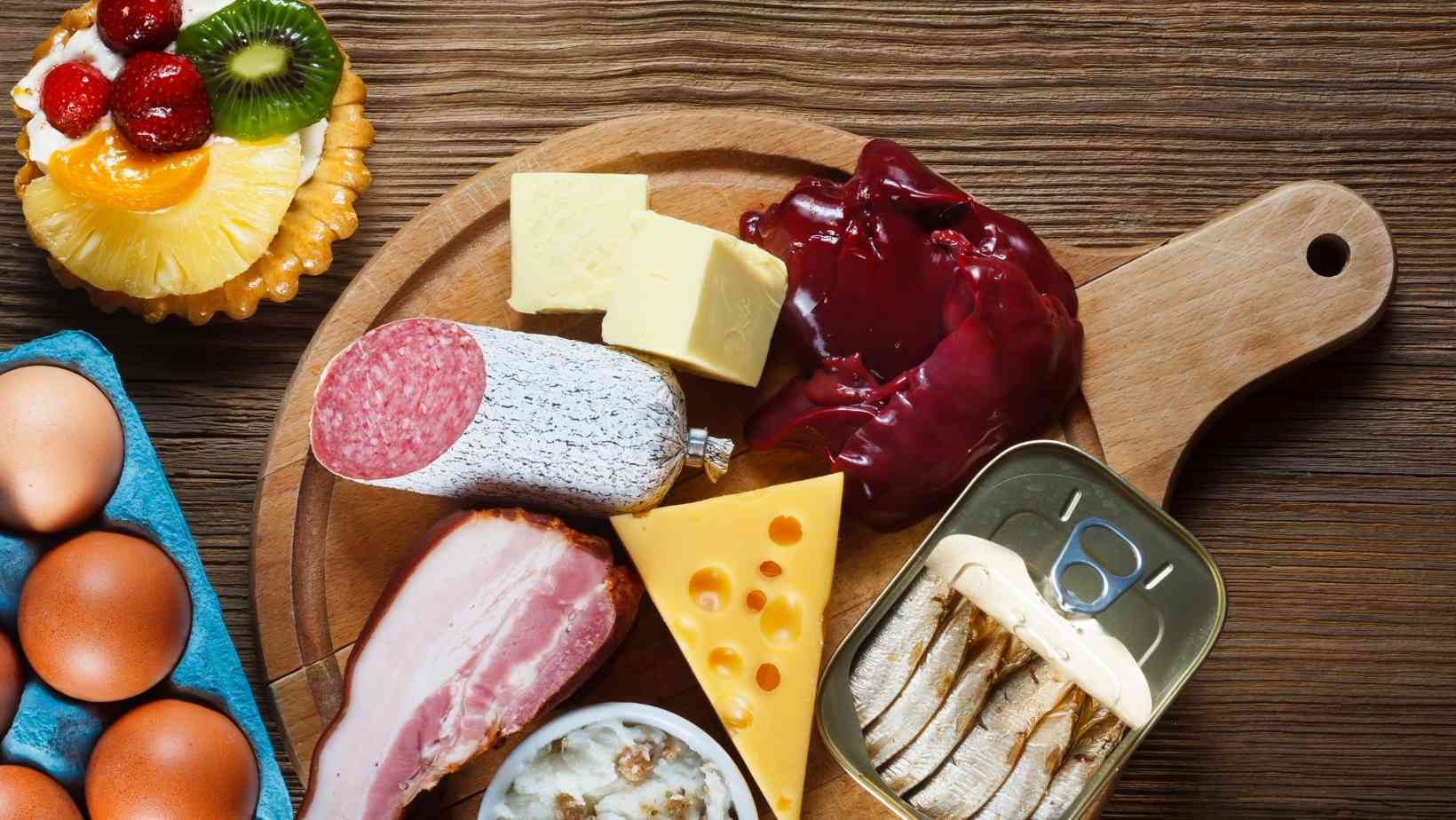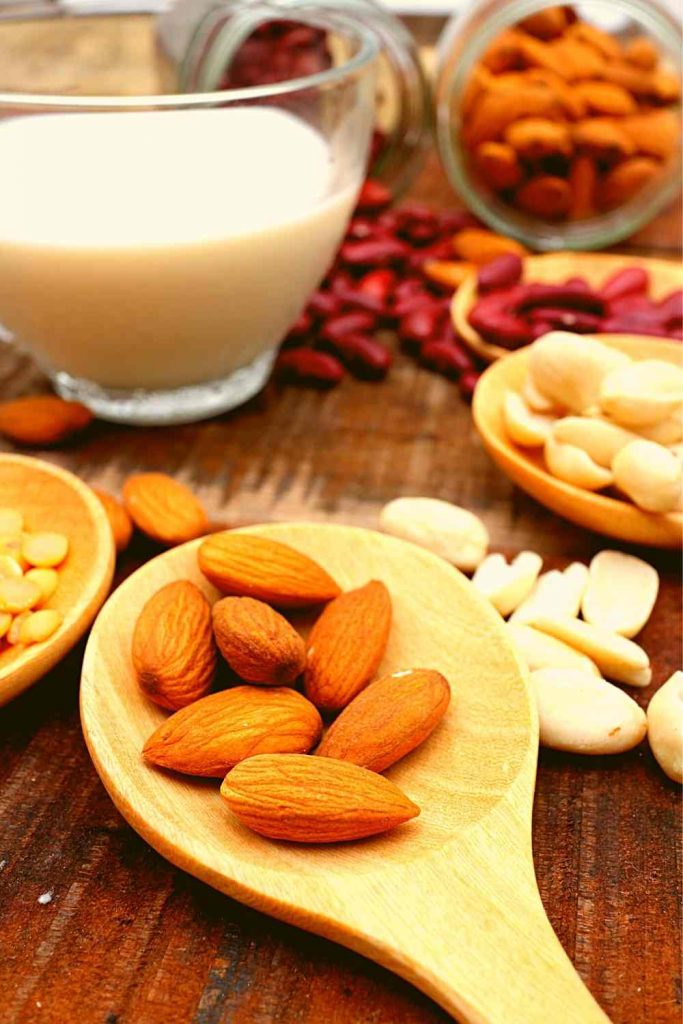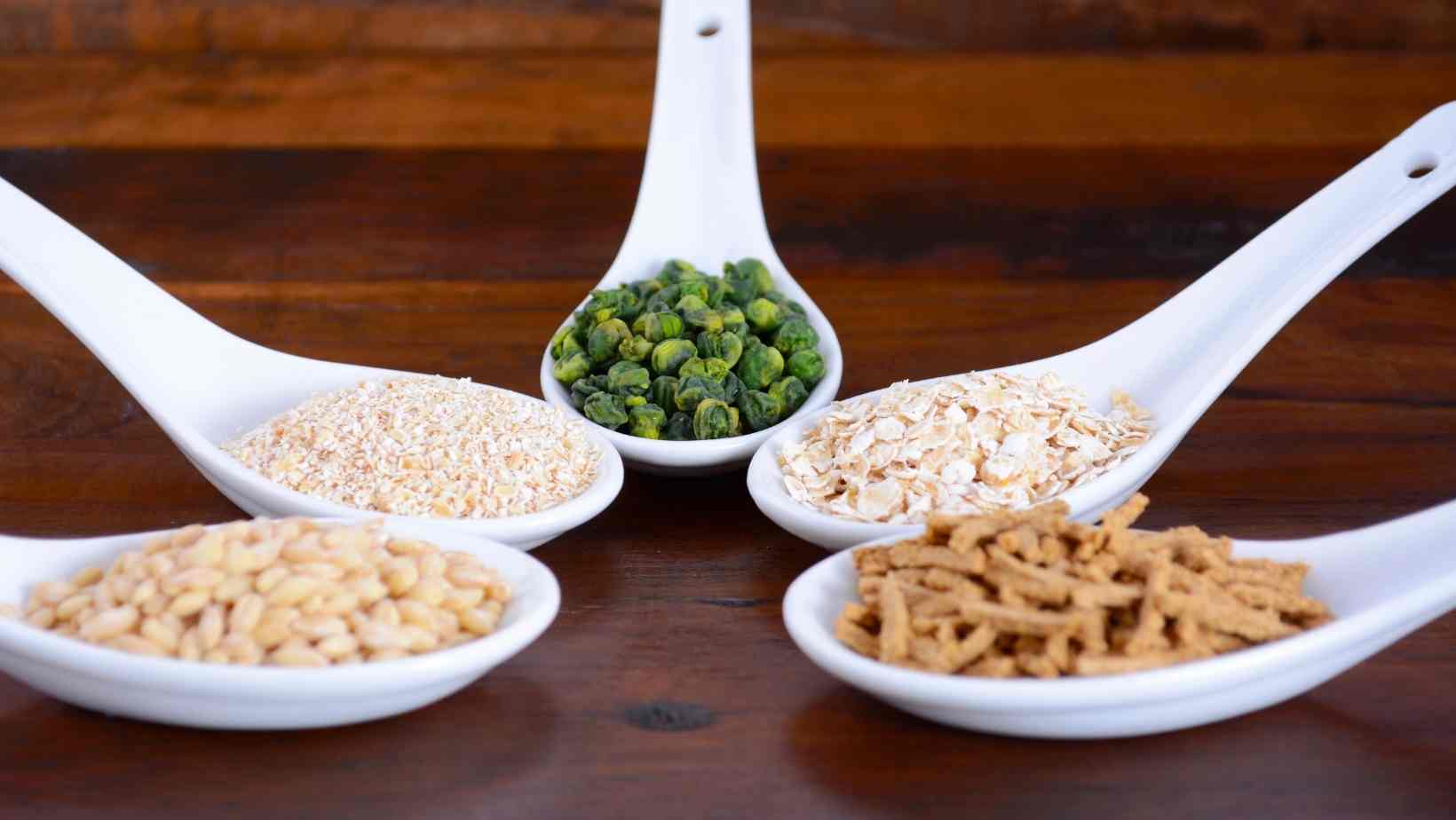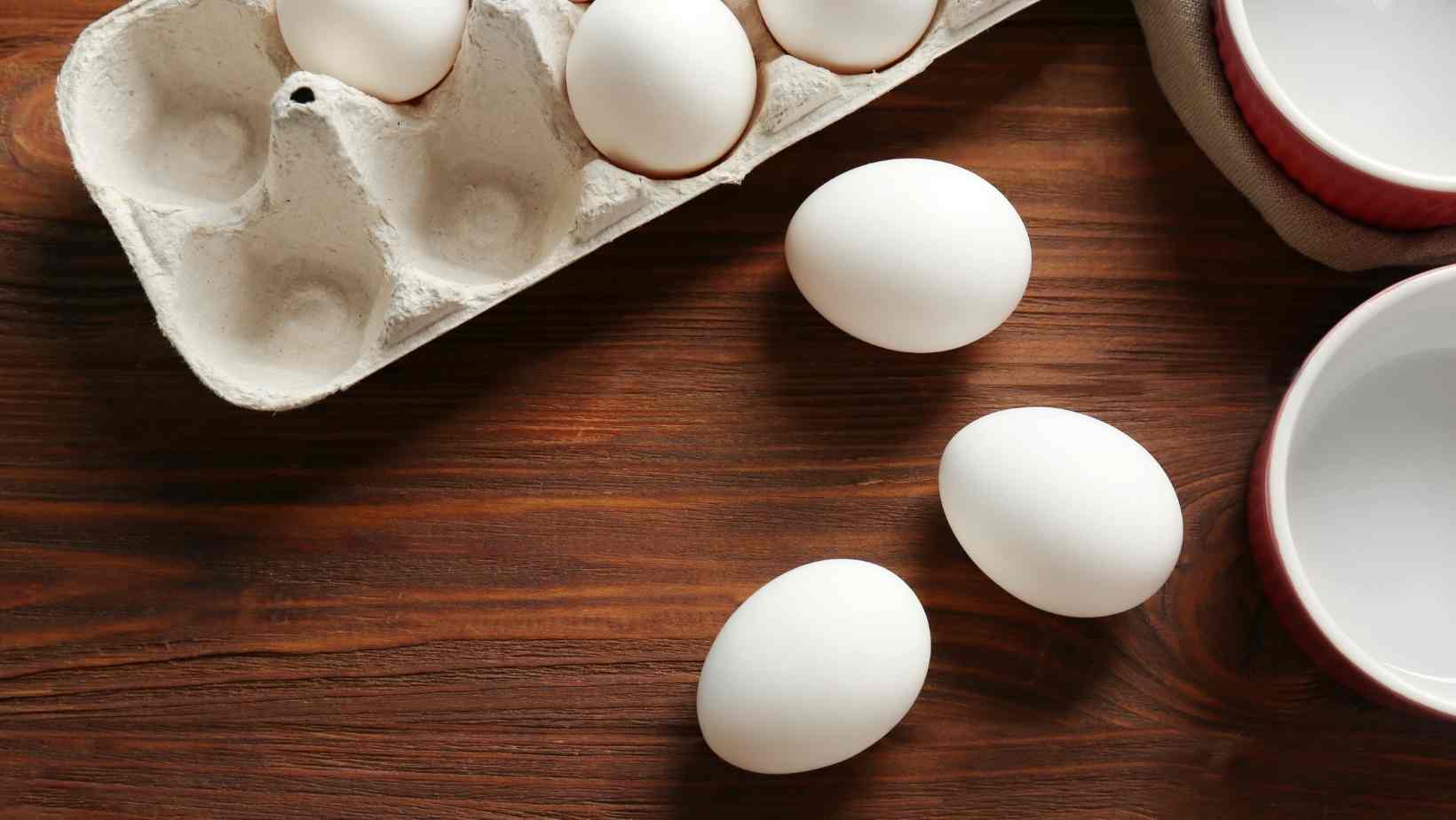Amino acids are essential for the development of a healthy organism. It's no surprise that they're referred to as "the building blocks of protein." Cysteine is one of the amino acids that will be examined in today's topic. Prior to discussing Cysteine-Rich Foods, let us first define the term "Cysteine."

It is classified as a sulfur-containing amino acid, which means that it is not necessary. Cysteine is essential for the growth and development of babies, athletes, the elderly, and people who have experienced a traumatic event. When methionine is accessible, the human body produces a significant amount of it. Lack of cysteine may result in a variety of metabolic issues including poor digestion, slowed wound healing, oxidative stress-induced cell damage, and deterioration of skin health, amongst others. It may be supplemented with foods derived from animals and plants. Let's get down to business and learn about the top foods that are rich in Cysteine!
Top Cysteine-Rich Foods in India include the following:
We've compiled a list of the best high cysteine foods, which you can find below. Let's take a closer look at them.
High Cysteine Foods
Jump to:
1. Soy Foods:
Unsalted and roasted soybeans are low in cholesterol and high in cysteine, making them an excellent source of this amino acid. This is one of the reasons why consuming soybeans as a snack is very helpful to health. If you want to make healthier baked goods such as cookies or slices of bread, you may mix soy flour with wheat flour in a blender. You may also include soy flour into your wheat flour, up to 30 percent of the total, for a more nutritious diet.

2. Poultry:
Turkey, chicken, and other poultry products are excellent providers of cysteine, which is a protein that is beneficial to your health. These should be included in your diet on a daily basis in moderate amounts to promote development and wellness. Chicken is also known to include Selenium and Vitamin B6, making it one of the most well-known sources of cysteine and other nutrients available on the market.
3. Red Pepper:
When opposed to dairy and poultry products, red pepper has lower cysteine levels since it is plant-based food. Cysteine is found in higher concentrations in this vegetable than in any other vegetable and is very beneficial for persons who are ill or ailing. This vegetable, in addition to containing cysteine, also includes anti-oxidants, Vitamin C, and Vitamin E.
4. Garlic:
When it comes to cysteine, the quantity present in garlic is practically identical to the amount found in Red Pepper. On the other hand, garlic is an excellent source of certain other essential nutrients that may work wonders for your overall health and well-being. Garlic is high in antioxidants and has been shown to be effective in the treatment of a variety of illnesses and conditions.
5. Cottage Cheese:
Cottage cheese has a high concentration of cysteine due to its dairy origin. Cottage cheese also includes calcium, Vitamin B12, and Pantothenic acid, all of which are beneficial to the body's nutritional needs. It is worth noting, however, that cottage cheeses classified as diet or low-fat have much lower quantities of cysteine and other nutrients than those classified as regular or full-fat. Cottage cheese should be taken in its purest and most natural form in order to provide the most nutritional value.
6. Grains:
The amino acid cysteine is abundant in grains, and grains in their entire form are the most beneficial sources of this amino acid. As well as providing the body with more fibre and minerals and vitamins, the whole forms of these grains also give the body cysteine. It is important to consume a variety of whole grains such as millet, wild rice, couscous, quinoa, and other similar grains in order to get full nutrients.

7. Yogurt:
Cysteine is abundant in yogurt, especially in its unsweetened form. Aside from this protein, it also includes iodine, potassium, calcium, and zinc, among other trace elements. Green yogurt, along with other key amino acids such as Lysine, is believed to have the greatest concentrations of Cysteine in the food industry. These agents are beneficial in the prevention of cardiac diseases.
8. Broccoli:
There is a good reason why broccoli is regarded to be one of the most nutritionally dense vegetables available to humans. Casseine, Biotin, Vitamin A, Vitamin C, potassium, phosphorus, and riboflavin are all found in high concentrations in broccoli, which is a vegetable. This remarkable vegetable also includes a high concentration of antioxidants, which help to minimize oxidative stress at the cellular level.
9. Eggs:
Eggs have long been suggested as a staple in our daily diet, and for good reason: they are high in protein. These are very high in the amino acid cysteine. A high source of cysteine is found in eggs in any form; this includes entire or separated eggs, as well as fresh or dried eggs. It should be highlighted that hard-boiled eggs should be ingested in order to provide your body with a healthy amount of cysteine. Other nutrients found in eggs include vitamins B and D, iron, and selenium, in addition to cysteine.

10. Fish:
Fish is a high-Cysteine meal that should be consumed regularly. Fatty fish have significant levels of Methionine, which is required for the formation of Cysteine in the human body. This indirectly aids in the production of Cysteine in the natural environment. Apart from that, fish is a good source of omega-2 fatty acids as well as important minerals and vitamins that are required for good health.




